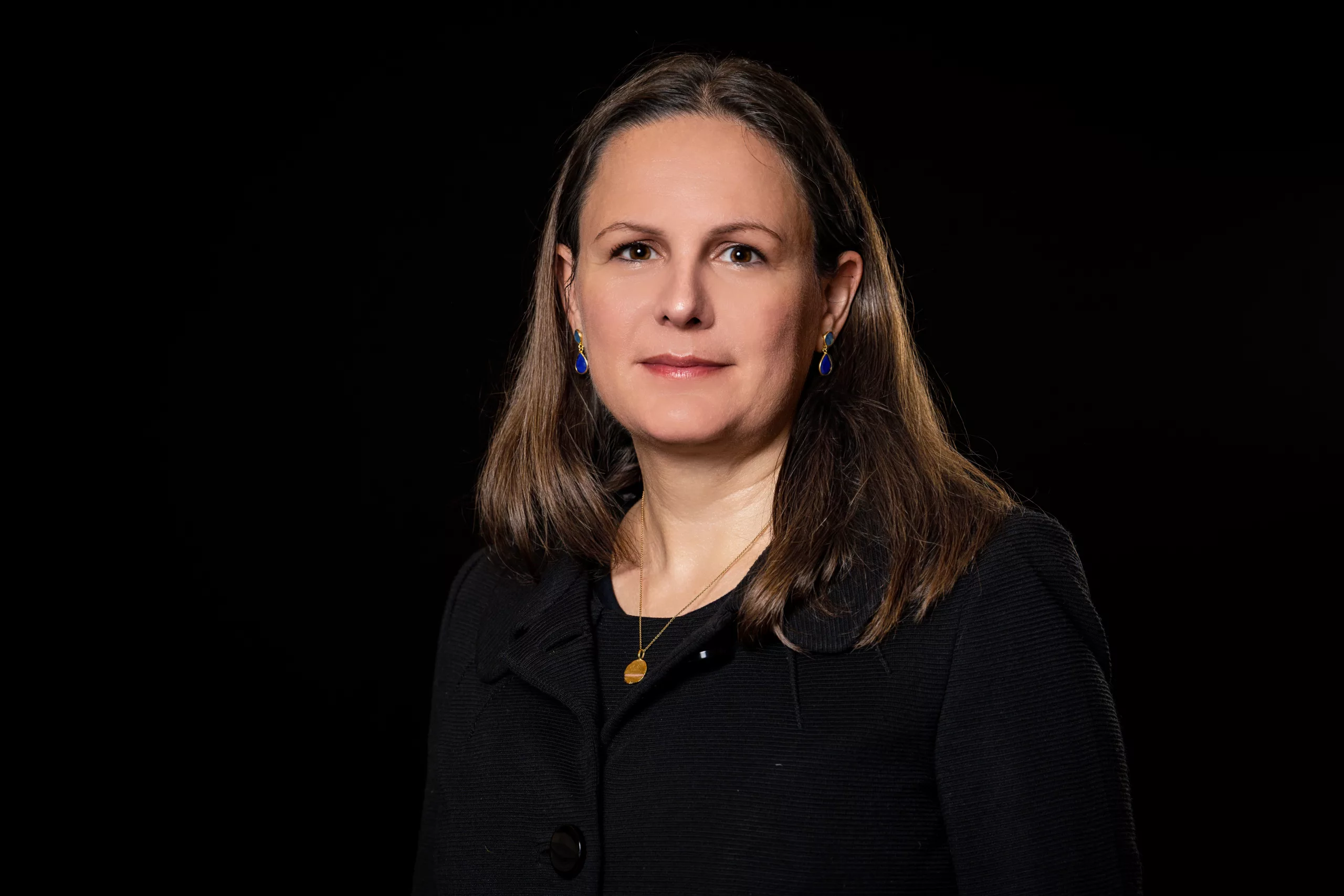Under the DDSA 2020 either party, or both together, can file for divorce by simply stating that the marriage has irretrievably broken down. The new law – or, so called, no fault divorce – has removed the ability to defend divorce proceedings and so discussions about the important matters – arrangements for the children and the financial arrangements – should take place in a less hostile environment.
So how will no fault divorce affect a financial settlement?
The reality is that it will not affect the actual settlement. Divorce and finances have always been dealt with separately, albeit side by side. Obtaining a divorce under the DDSA 2020 is a simple and straightforward process. Dealing with the finances is entirely separate and the DDSA does not make any changes to the law dealing with the separation of finances on divorce. It was a common misapprehension under the old law that a parties’ behaviour during the marriage would lead to a lesser financial settlement. However, conduct will very rarely impact on a financial settlement and will only be relevant if it is “gross and obvious.”
Although the law on finances has not been changed, it is hoped that the new “no fault” system will mean that discussions will begin in a less hostile environment and that this will mean that a greater number of couples are able to reach an agreement on finances consensually and without the need to resort to court proceedings.
If a couple are able to start talking to one another in a more amicable fashion about financial arrangements then there is a whole menu of options available to them through which they can reach a financial agreement. If finances are straightforward then it is entirely possible for a couple to have face to face discussions and reach a resolution between themselves. It is important if doing so for both parties to then consult a solicitor to ensure that the agreement is objectively fair and, importantly, and so that the solicitor can prepare a Consent Order to be lodged with the Court. It is vital to have a court order as this (a) means that the agreement is enforceable if the event that either party defaults and (b) ensures that all claims are disposed of to prevent one party from coming back and asking the court for more money down the line.
Another option, commonly utilised successfully by our team, is to enter into negotiations with each party having a lawyer. Financial disclosure is exchanged at the outset and then discussions can take place in a number of ways. Offers can be made in correspondence between solicitors. An “all parties” meeting could take place with the parties and their lawyers sitting around the table together seeking to reach a resolution. Another option is a “three room meeting” in which each party has a separate room with their own solicitor and the solicitors meeting in the third room to negotiate and then go back to the parties for instructions.
Other methods of resolution might include obtaining an Early Neutral Evaluation (“ENE”) where the parties seek an opinion from a specialist lawyer as to their view on what the court might do were the case to go before a judge. It is also possible for the parties to have a private Financial Dispute Resolution Hearing, usually before a family barrister who will act as judge, and give the parties an indication of the right result.
Alternatively parties can enter mediation and work with a mediator to resolve matters consensually. Another option might be for the parties to seek to engage in a more formal process known as arbitration. In this process an arbitrator would be appointed and their decision would be final and binding upon the parties.
As can be seen, whilst the law relating to the separation of finances on divorce has not changed, it is to be hoped that the DDSA 2020 will result in parties being able to enter into negotiations away from the court room which will result in less acrimony and less expenditure on legal costs. This is to be welcomed. The DDSA builds in a twenty week cooling off period between making the divorce application and applying for a Conditional Order. This cooling off period gives parties a solid period of time in which they can enter into discussions and seek to reach a settlement.
If you require any family advice please do not hesitate to contact Kelly Gerrard of the Family Department.




